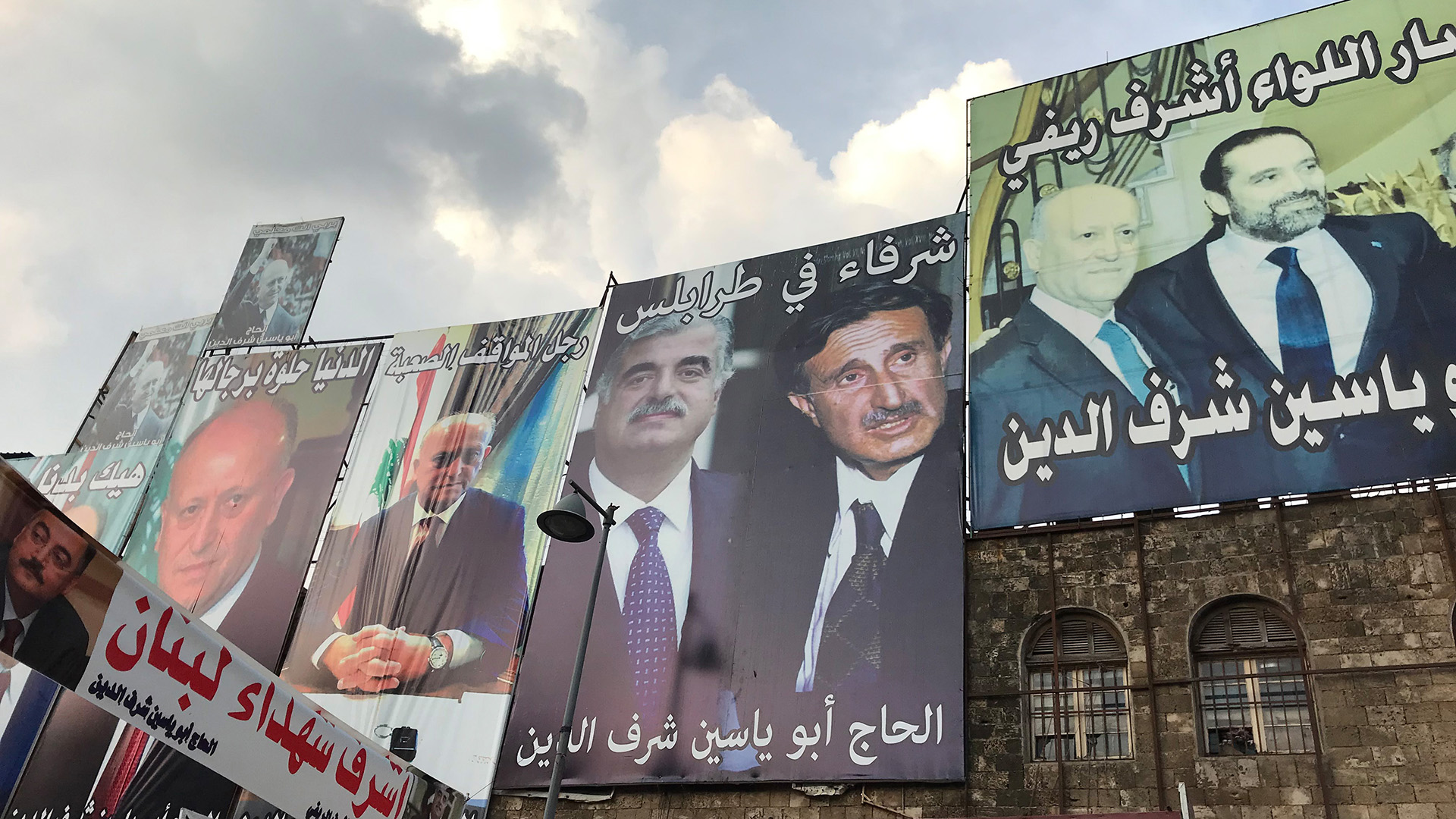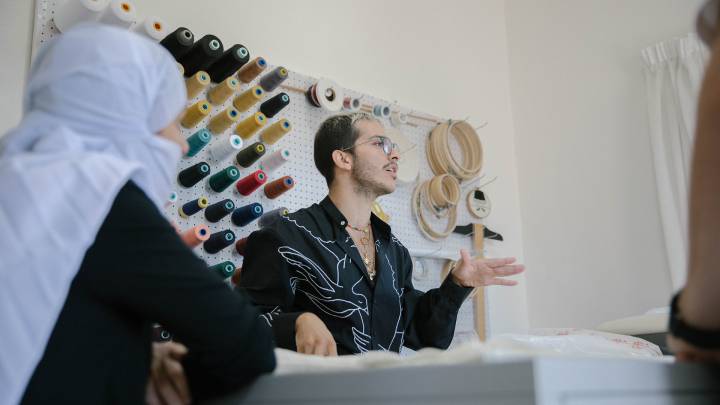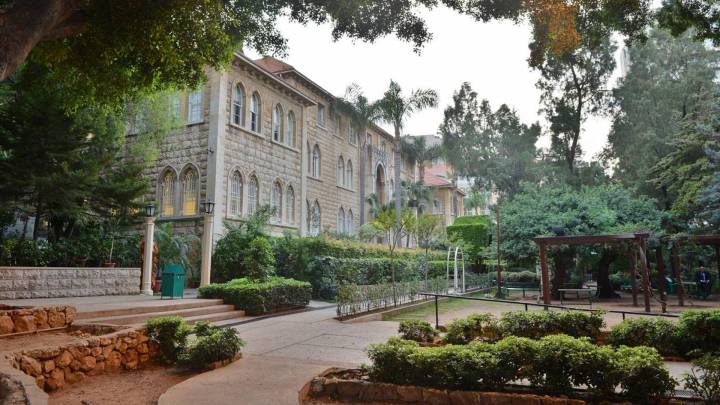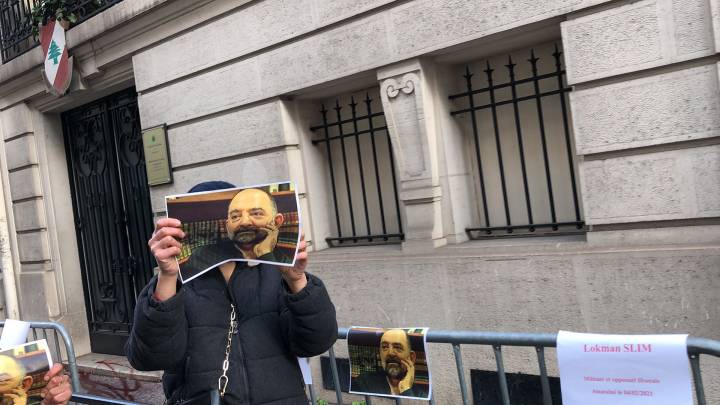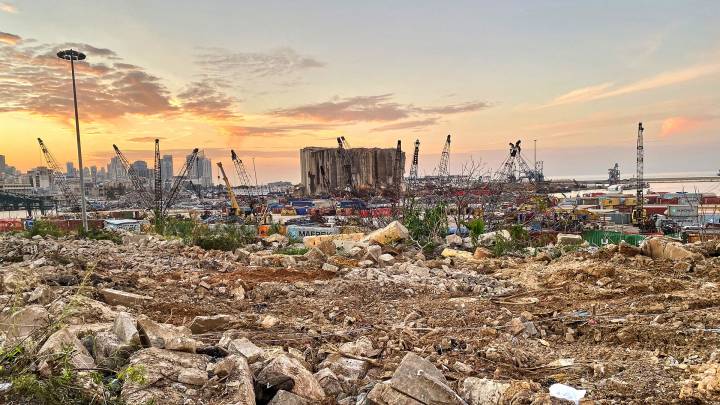Is sectarianism on the rise again in Lebanon, despite a cross-community disdain for the political elite?
On the afternoon of August 1st, only a few days prior to the 1-year memorial of the Beirut blast, clashes erupted on the Southern highway, around a neighborhood in Khalde, a mixed area inhabited by Lebanese who belong to different sects. The background of the clashes may sound surprising to many but is something that Lebanon’s familiar with, as it was triggered by personal revenge.
Hours prior to the clashes, a local Hezbollah official, Ali Shebli had been shot and killed during a wedding ceremony in the area, his killer being no other than the brother of young Hassan Ghosn who had been shot dead at age 14 by a sniper a year prior. Ali Shebli was accused of giving the order for the shooting of Hassan Ghosn that day in August 2020, some confirm that he was the shooter himself.
Not long after the killing, the perpetrator was arrested, and Shebli’s funeral was being organized. Inside the alleys of the city, a big picture of Hassan Ghosn was put up. Moments after the funeral convoy passed by it, the funeral procession turned into sectarian confrontation between Hezbollah supporters and the Sunni Arab clansmen of Khalde.
Taking matters into one’s own hands in Lebanon is caused by the security gap currently present in the country
Why those clashes erupted and lasted for hours is still a matter to be confirmed, but videos on social media showed Hezbollah supporters stopping their convoy in front of Hassan’s poster, and tearing it apart. Moment after that, bullets can be heard, and the funeral became a pitched battle.
A few days after the Khalde clashes, rockets were fired at the Lebanese southern borders, from the town of Shwaya in Hasbaya district, South Lebanon – Hezbollah claimed responsibility. Meanwhile, villagers in Shwaya intercepted a truck carrying a launch pad for projectiles. The village is Druze-dominated, so this act created a new wave of sectarian tensions between Druze and Shiites, as Shiite supporters of Hezbollah had attempted to kick out Druze fruit sellers from several spots on the southern highway, turning this incident yet again to a sectarian confrontation.
Taking matters into one’s own hands in Lebanon is caused by the security gap currently present in the country, when a killer roams free for one year without having to face any accountability, in a country where the term impunity became so popular, it’s only a matter of time before people, them being from clans or not, start taking matters into their own hands and practice revenge.
The same sectarian narrative that the majority of the ruling parties in Lebanon feeds from and has been feeding from for the past decade
When an armed party, that no longer invests in local politics but instead leads wars in Lebanon and the region decides to target occupied lands with missiles, thus leading the country to a possible confrontation with Israel, it’s only a matter of time before villagers attempt to stop the party’s operatives from firing more rockets, especially when the Lebanese army’s hands are tied.
Many Lebanese districts and areas are indirectly investing in self-protection. In some villages and cities, local men are taking shifts and turns to “watch over” their respective areas from robberies and theft, that is the new norm in Lebanon. One of the many reasons why the country is collapsing is its lack of state-lead security, and many political parties are winners in that equation, especially if people are reminded that eventually, political affiliation would ‘protect them against the other’ – it’s the same sectarian narrative that the majority of the ruling parties in Lebanon feeds from and has been feeding from for the past decade.
When feeling scared, people will eventually choose security, no matter where the feeling is generated from, and that’s what makes Lebanon’s sectarian tension so “remarkable”: Despite people’s awareness on how much it has damaged the country over the years, a 15-year civil war, endless short-term clashes between different sects, and governments that managed to make Lebanon sink deeper into an endless economic crisis, despite the decentralized 2019 protests, and civil society’s efforts to form new emerging political movements and parties, the sectarian tension is still making the headlines in Lebanon.
